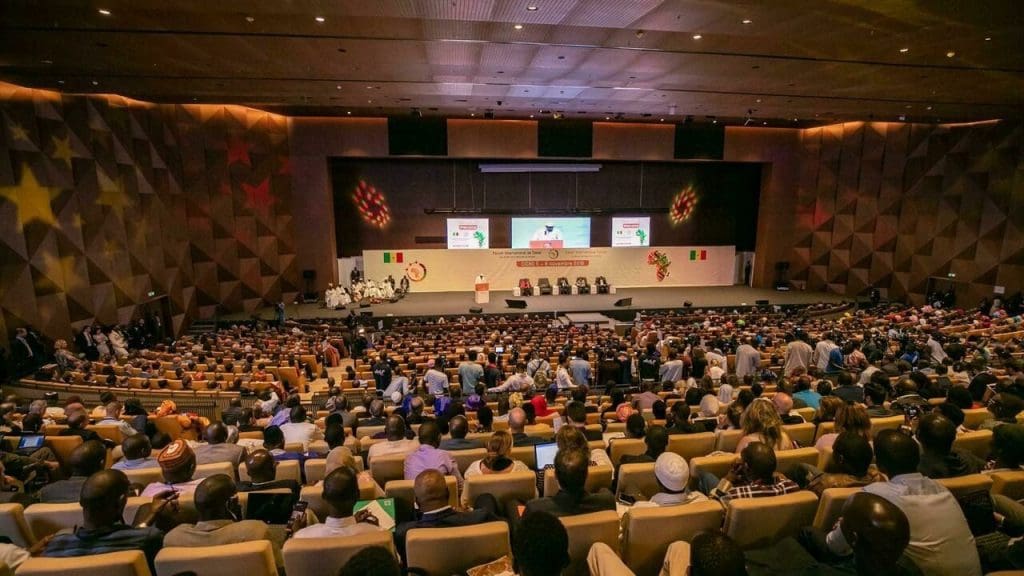Gilles Yabi is a political analyst and has a PhD in economics. He is the founder and president of WATHI, a West African citizen think tank (www.wathi.org). As a regular participant in the Dakar International Forum for Peace and Security, he reviews the latest edition of this event, which took place recently in the Senegalese capital.
When it was launched in 2014, the Dakar Forum was meant to be the main meeting place on peace and security in Africa. Has it achieved this goal?
If it hasn’t already, the Dakar International Forum for Peace and Security in Africa seems to be doing everything it can to achieve this. Since its first edition in 2014, the meeting has been held every year, except in 2020 when it was cancelled due to the Covid-19 pandemic. In a continent where this kind of event is not yet well established, the Dakar International Forum for Peace and Security in Africa has been held for the past two years. In a continent where this kind of initiative does not usually last long, this continuity is in itself very significant. The quality of the people who take part each year is also noteworthy: heads of state, ministers, the military, academics, researchers, experts, journalists, etc. In addition to the official working sessions, all these participants, coming from very different backgrounds, have the opportunity to exchange in the hallways, private rooms, make contacts, etc.
So far, only a few forums, including the Tana Forum, which has been held since 2012 on the shores of the lake of the same name in Ethiopia, can boast a similar quality of work.
Since its creation, the Forum has been co-organized by Senegal and France. This presence of the former colonial power bothers some Africans. Is this the case for you?
The discomfort caused by the presence of a colonial power like France in an event like the Dakar Forum is understandable. But we must not forget the origins of this forum. The idea was born on the sidelines of a meeting between the former French president, François Hollande, and some African heads of state, including the Senegalese leader. His country had all the assets to host such a meeting: a deserved democratic reputation, a recognized political and institutional stability, a proven experience of hosting high-level summits and conferences, etc.
Should we boycott such an event just because it is co-organized with the former colonial power? Pragmatism and realism tell me no. The mere fact of having such a meeting organized on a regular basis and with quality participants in Africa argues, in my opinion, in favor of organizing this kind of meeting on the continent. It does not matter whether or not there is foreign involvement in its organization. In the current context, where various threats hang over certain countries of Africa, the Dakar Forum is a great opportunity for the actors of peace on the continent.
Topics that are of great concern to African opinion, especially in the Sahel, were not included in the official themes of the forum’s workshops. Is this logical?
Two major topics were indeed expected by many participants: the extension of jihadist violence beyond the Sahel, its historical terrain, to regions such as the Gulf of Guinea. But these two topics were addressed in speeches or debates during the working sessions.
The French Minister of the Armed Forces, Florence Parly, mentioned in her speech at the opening of the forum the question of the end of Barkhane, the French military operation in the Sahel and the transformation of its presence in the region. She also reiterated her country’s refusal to accept the arrival in Mali of the Russian private security company, Wagner, thought to be the external armed arm of Vladimir Putin’s government. In the workshops, the risks of extension of the jihadist threat from the Sahel to the Gulf of Guinea region, was also discussed.
However, due to their topicality and importance, these two issues could have been included in the agenda of the edition of the Dakar Forum.
LOS/fss/abj/APA


